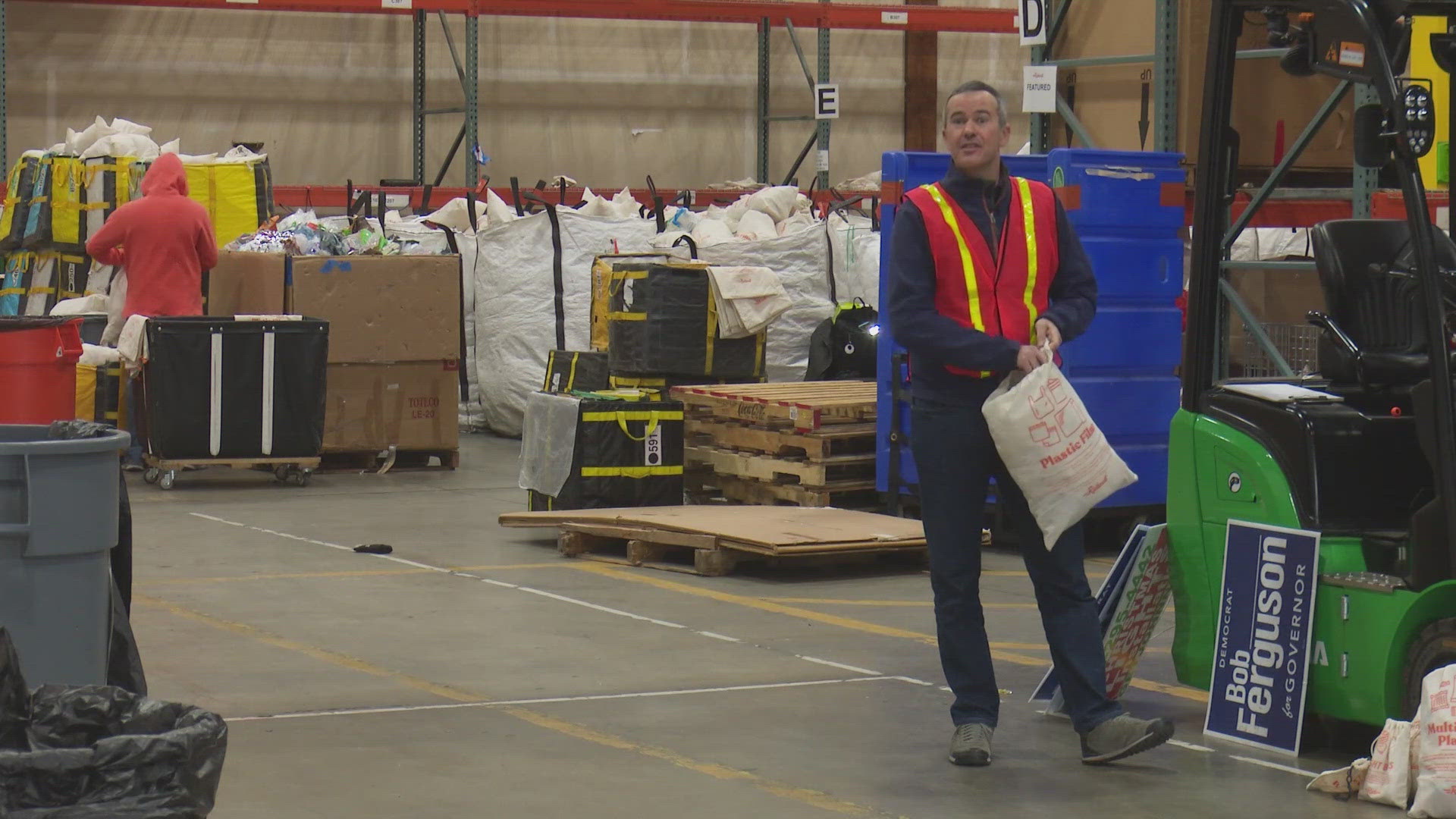University of Washington researchers have found that delivering packages with drones can help reduce carbon emissions in comparison to delivery by truck.
Small packages, like a kid's bathing suit or bottle of medicine, are where the benefits of drone delivery was discovered.
The benefits are also seen when the drone doesn't have to fly very far to make the delivery, or when the route has few stops along the way, according to a UW news release.
"Flight is so much more energy-intensive — getting yourself airborne takes a huge amount of effort. So I initially thought there was no way drones could compete with trucks on carbon dioxide emissions," said senior author Anne Goodchild, a UW associate professor of civil and environmental engineering. "In the end, I was amazed at how energy-efficient drones are in some contexts. Trucks compete better on heavier loads, but for really light packages, drones are awesome."
But when deliveries require multiple stops or the stops are far from a central warehouse, the researchers say trucks are still a better option for carbon emissions.
The research was led by UW civil and environmental engineering graduate student Jordan Toy. The analysis compared carbon dioxide emissions and vehicle miles traveled from drone and truck deliveries in 10 different, real-life scenarios in Los Angeles.
Researchers included 330 different service zones and compared 50 to 500 recipients in each zone, the news release said. The review assumed that drones could carry only one package at a time, returning to a warehouse after each delivery. Researchers calculated carbon dioxide emissions based on an average fuel mix in California.
The findings from the new research could mean smarter deliveries in the future, Goodchild said.
"Given what we found, probably the most realistic scenario is for drones doing the last leg of the delivery," she said. "You're probably not going to see these in downtown Seattle anytime soon. But maybe in a rural community with roads that are slow and hard for trucks to navigate and no air space or noise concerns."


